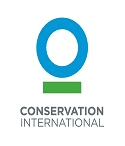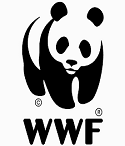Services
Our Programme Areas/Services
Legal Services
EPA is empowered by the EP Act Cap 20:05 to provide protection and manage the natural environment, coordinate conservation programs, assess impacts of developmental activities on the environment. The legal unit provides legal opinions, advice and support to the various Programme areas of the Agency as well as, handling of all court cases. This unit plays a critical role in reviewing and drafting of contracts, employee policies and also ensuring the appropriate conditions are reflected within permits issued.
Policy and Planning Multilateral Environmental Agreements (MEAs)
The policy and planning MEAs Programme Area is responsible for the coordination, implementation and support of programmes, to achieve national obligations to the Convention of Biological Diversity and three biodiversity-related MEAs, i.e. The United Nations Convention on Biological Diversity; The Cartagena Protocol on Biosafety, The Nagoya Protocol on Access to Genetic Resources and Benefit-sharing. Apart from this, the department processes applications for biodiversity research, drafts and issues permits. The department is also involved in project management, overseeing GEF funded projects, implementation of the coastal and marine management programme and supports the work of the Darwin Initiative Project.

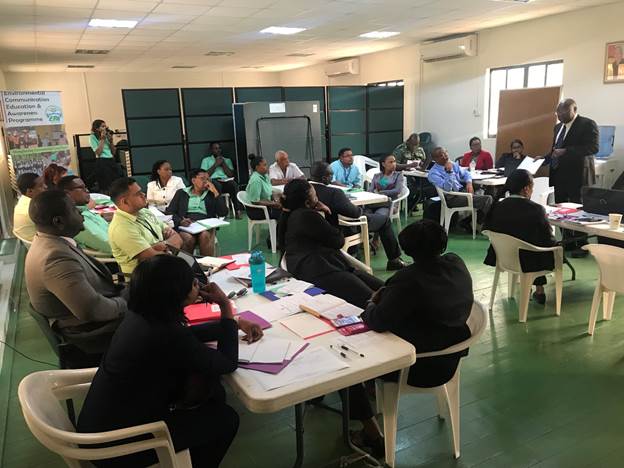
Operations/Corporate Services
The Operations/Corporate department comprises the Administrative operations of the Agency, this includes Transportation, Logistics, Security, Registry, Maintenance, Events and Public Management. It also encompasses Procurement/Asset and Stores management. The Central Registry ensures the secure custody, accounting and efficient processing of the voluminous amounts of documents. The Registry is the repository for all documents entering and leaving the Agency. All documentation regarding the work of the Agency in fulfilling its mandate can be accessed through the Registry. This includes authorisations granted, enforcement and prohibition notices served, complaints received by the Agency etc. The general public that ALL documents, projects, correspondence, applications etc. entering or leaving the Agency MUST be channeled through the Registry.
The main responsibilities of this department are to:
1. Provide administrative and logistical support to all departments and programme areas within the Agency;
2. To ensure materials, equipment and services meet the needs of the Agency;
3. Ensure the Agency has a fleet of efficient vehicles to fulfill its transportation requirements; and
4. To maintain an orderly and effective record of documents entering and leaving the Agency.
Technical Services
The Technical Services Programme aims to fulfil the following functions of the Environmental Protection Agency as enshrined in the Environmental Protection Act, 1996, Laws of Guyana Cap 20:05:
1. Conduct, promote and coordinate research concerning any aspect of pollution or prevention;
2. Formulate standards, guidelines and codes of practice to be observed for the improvement and maintenance of the quality of the environment and limits on the release of contaminants into the environment;
3. Monitor and coordinate monitoring of trends in the use of natural resources and their impact on the environment;
4. Advise key stakeholders on the content and applicability of environmental control instruments; and
5. Provide general information to the public on the state of the environment by annual reporting
Robust data recording, analysis as well as continuous research and development aid the programme in providing tools to inform science-based decision-making and the adaptation of the best available technology to address environmental pollution.
The Technical Services Programme Area equips Officers of the Agency with technical expertise in the areas of air, noise, GIS, hazardous waste, water radiation and drone imaging. The Programme Area provides technical services in the form of technical support, environmental monitoring, guidance and knowledge transfer of technical information on the environment and human health to the sectors of the Environmental Protection Agency. It encapsulates Information Technology, Database Management, Geographic Information Systems (GIS) and Research and Development/Analytics.
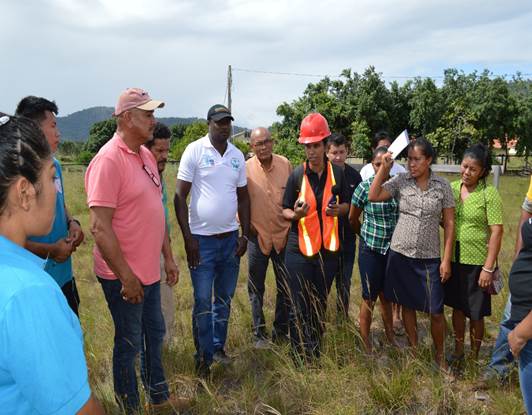
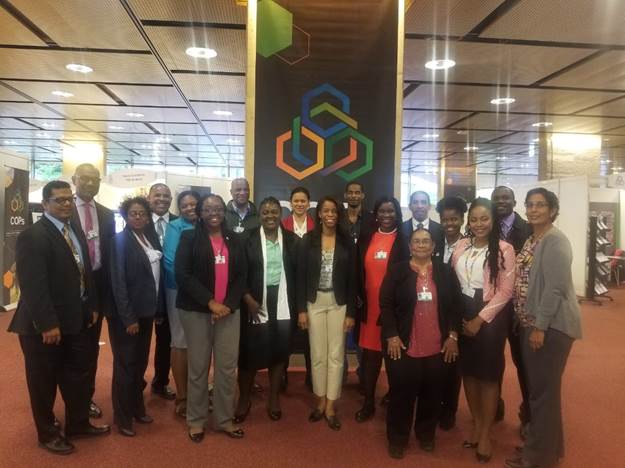
Permitting and Compliance
This programme area underpins the core functions of the Agency, to issue Environmental Authorisation for developmental activities and ensure Compliance with the Permit condition. The following programme areas are integral to the permitting and compliance component of the Agency’s work.
Public Infrastructure/Transportation/Tourism
The Programme Area is tasked with responsibility of ensuring all infrastructural activities including construction and operational are permitted. The Infrastructure and Project Management programme permits for all infrastructural development applications submitted to the Agency. These include roads, bridges, wharfs, airstrips, hotels, resorts. The department also responds to complaints made to the agency against infrastructural, transportation and tourism developments.
Mining
Give Guyana’s proactive steps taken to ensure the elimination of mercury by “2025” within the mining sector, the Agency’s mining programme is tasked with the responsibility of developing standards that seek to restore and reclaim mine- out lands, prevent land and water pollution. The Environmental Protection Regulations guides this dynamic team in executing the legal requirements needed for the process of authorization, compliance and enforcement.
Forestry
The Forestry Programme Area is responsible for ensuring the development of standards that seek to restore and reclaim degraded Forestry lands, prevent release of contaminants to these lands as well as to conserve and manage the associated resources. The Programme Area coordinates and implements activities in keeping with the Environmental Protection Act Cap 20:05. Some of these activities include Authorization of developmental projects in the Forestry sector, ensuring monitoring and compliance as well as responding to complaints related to forestry operations.
Agriculture
This programme area oversee projects relative to: poultry rearing and processing; swine rearing; rice mills; aquaculture and seafood processing in keeping with the requirements under the Environmental Protection Act, cap. 20:05.
Oil and Gas
The objective of the Oil and Gas Programme Area is to provide Authorisation of oil and gas projects in the upstream sector which include exploration surveys, exploration drilling and production; conduct compliance and monitoring activities which focus on the assessment of adherence with permit conditions outlined in the environmental authorisations issued by the EPA. Conducting inspections to determine causes of incidents or accidents when reported and provide follow-up actions to be implemented. It also captures the operation of gas stations (new, existing, renewal), compliance monitoring, management of complaints and development of guidelines related to the sector. Towards regularizing the gas stations, the department collaborates with major stakeholders namely: Guyana Energy Agency (GEA); Guyoil, Rubis and SOL. This collaboration will seek to ensure that gas stations operate in an environmentally sound manner.
Manufacturing/Industry
Manufacturing/Industry was crafted based on the types and trend of projects under Environmental Authorisation, and those potentially new projects that will be seeking authorisation from the Agency as the country continues to transform. It is envisioned that the four proposed sub-programmes (Medical & Health Facilities, Chemicals & Manufacturing, Waste Management & the Basel Convention) will comprehensively capture all existing and potential development/activities within this sector. Further details on the content of each sub programme can be made available upon request.
Communications- the Communication Programme underpins the work of the Environmental Protection Agency (EPA). The Programme Area functions on the principle that Environmental Education is ‘Education for life’. It is critical to ensuring the systems for environmental management and compliance, as well as, sustainable use of natural resources are effective. The department’s work focuses on three areas; Environmental Awareness, Education and Communication. Our strategic goal (2022) is to ensure the EPA is known as a trusted environmental regulator that is robust but fair. This department has responsibility to coordinate capacity/ training activities, develop and disseminate publications and ensure the public is involved in the development of the environment in a sustainable manner.

Investigations and Emergency Response
The management of EPA’s sub offices in Whim, Corentyne, Berbice and Avenue of the Republic, Mackenzie, Linden falls under the purview of this Programme area. These sub-offices seeks to decentralise the operations of the Agency, these Offices process application for environmental authorization, investigate complaints and conduct community outreaches. Further, this programme area will see the strategic and proactive management of environmental complaints and emergency response to urgent environmental matters.

